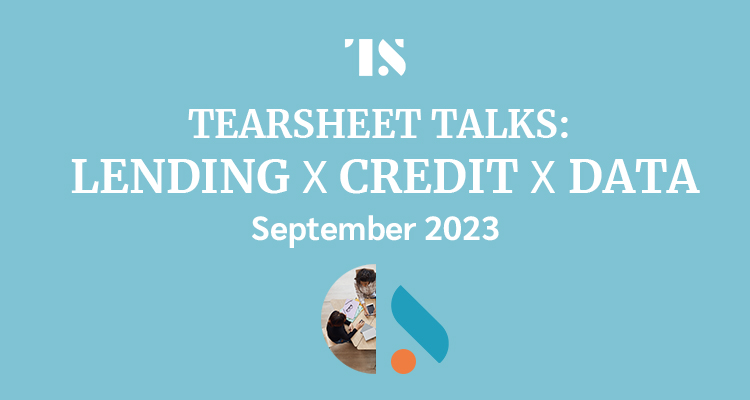Lending
On the state of SBA lending heading into 2024: Stephanie Dunn, Head of SBA Lending at Grasshopper Bank
- As part of Tearsheet Talks: Lending x Credit x Data, Grasshopper's Stephanie Dunn joins us to talk about SBA lending.
- Along the way, Stephanie discusses the potential of AI, relationship building, and the combination of humans and technology in financial services.








